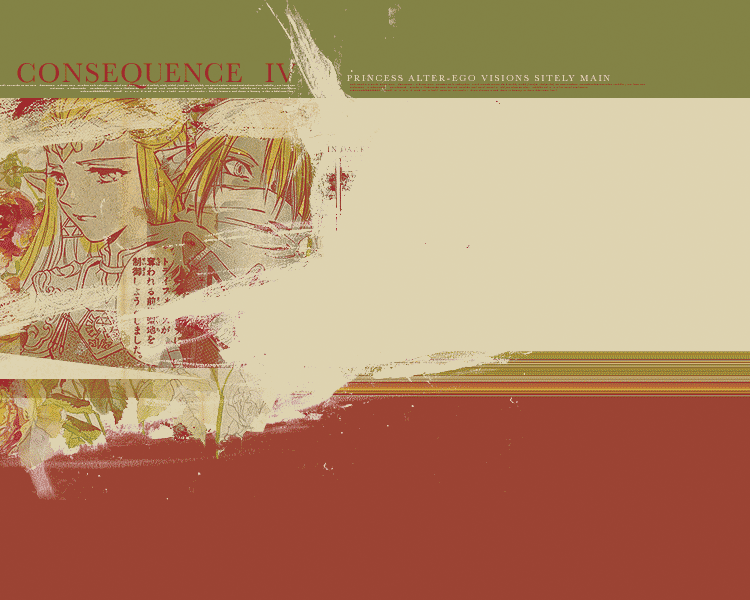
Zelda had hawk's eyes and a thin mouth and deep-south manners and accent. Watching her face you could see her mind leave the table and go to the night's party and return with her eyes blank as a cat's and then pleased, and the pleasure would show along the thin line of her lips and then be gone. -Ernest Hemingway
Some Sort of Epic Grandeur
The relationship between Scott and Zelda Fitzgerald is infamous. It was the subject of the better part of his novels, and there's even a musical that's been written about it. I'm going to try hard not to fall on to either side of this torrid affair- it's common to blame either Scott (for being a jealous and alcoholic wife-beater) or Zelda (for being a flighty, spoilt, and certifiably insane witch) for the direction their lives took. And although my first instinct places me in the Scott supporter case- largely because I find him much more interesting than her- but the truth is that you can't trust either of them about the other, and much less Hemingway. They were at once all right for each other, and all wrong for each other, and that's the stuff that stories are made of.
Both were some kind of celebrities in their day, and that sort of living for the world puts pressure on a relationship like nothing else. As Scott's novels grossed less and less, he grew unable to support Zelda in the manner to which she was accustomed. This drove Scott into drinking and Zelda into the arms of another man, and later into intense ballet practice.
The circle that Scott ran in, and most notably Ernest Hemingway, formed a sort of cult of masculinity that Zelda, a thinker in her own right, could not be a part of. Zelda's letters figure directly into the voice of female characters in some of Scott's works. Zelda felt stifled and Hemingway felt threatened. He wrote some nasty stuff about her, such as the quote above, and said that Fitzgerald had the potential to be the greatest writer of any age if it weren't for his wife holding him back. Zelda, in turn, referred to The Sun Also Rises as "bullfighting, bullslinging, and bullshit." She tended to regard Hemingway as a literary poseur. Fitzgerald strugled somewhere between the two, and there are speculations of homosexual undertones in the relationship between him and Hemingway. Still, Scott's personality was not so strong as either his friends or his wife. Scott cultivated a double-personality: he was at once participant and observer in his own life, which allowed him to write such unaoplogetically autobiograpical novels as This Side of Paradise and Tender is the Night. (Think Nick vs. Gatsby) Still, the dynamic between Zelda and Hemingway, coupled with Scott's failures and their party-hard philosophy, no doubt contributed to Zelda's reclusion into her dance studies and later mental breakdown. Scott, too, suffered under his durress- his descent into alcoholism is well documented.
Still, the intense romance they had is remarkable- from the whirlwind courtship with him riding into town on a white horse and sweeping her of her feet, to the fierce love letters they wrote each-other, to Scott's devotion to Zelda during her mental illness.

